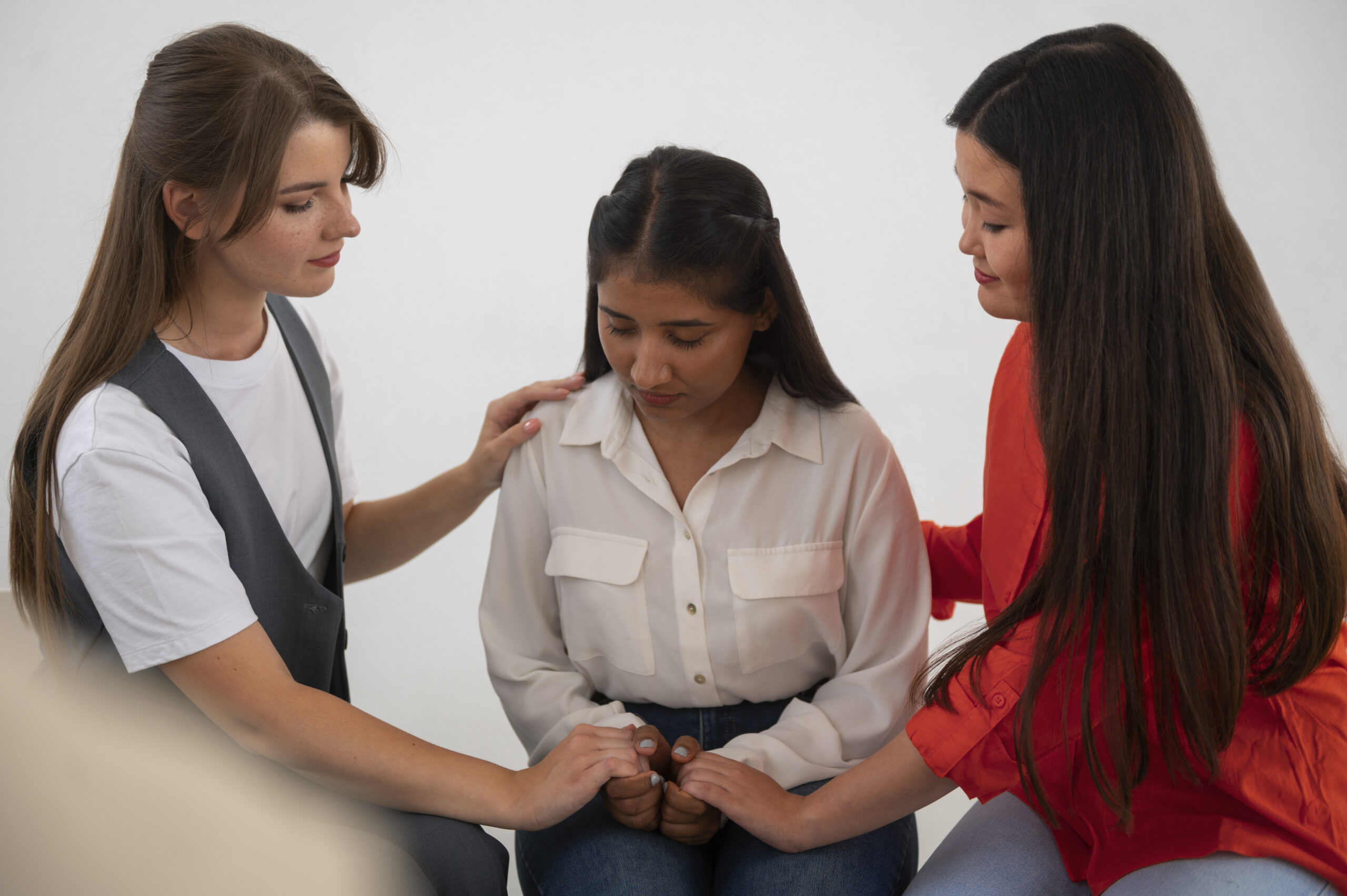ANDERSON COUNTY, S.C. (WSPA) – A groundbreaking initiative in Anderson County is transforming lives through compassion, structure, and access to essential mental health resources. The Mental Health Court Program, which officially began last year, offers nonviolent offenders with mental illness a second chance — steering them away from the traditional criminal justice system and into the care they truly need.
A Court That Focuses on Healing, Not Punishment
“It has worked great,” said Cordell Maddox Jr., Active Retired Circuit Court Judge. “It’s really the only court where I’m truly happy to be. I know I’m going to see someone making real progress, and that change doesn’t just impact them — it ripples out into families, neighborhoods, and our entire community.”
Instead of punishment, this program emphasizes healing. Participants are guided through structured treatment plans, tailored to their mental health diagnoses. They are monitored, supported, and given the tools to succeed long-term — thanks to a network of trusted community partners providing a wide range of mental health resources.
How the Program Works
The Mental Health Court is open to nonviolent offenders who meet eligibility criteria, primarily those diagnosed with serious mental health conditions. Instead of serving jail time, participants enter a 9 to 12-month program designed to stabilize their mental health, reduce recidivism, and encourage personal growth.
Each participant receives:
- Individual and group therapy
- Medication management
- Case coordination
- Regular progress reviews with the court
- Ongoing access to community-based mental health resources
These mental health resources are coordinated by professionals who understand the complexities of mental illness and the importance of early, consistent intervention.
Strong Community Support Makes It Work
Marlene McClain, Anderson County’s Mental Health Court Coordinator, emphasized the importance of local partnerships:
“We’re fortunate to have an incredible network of community partners. Anderson Mental Health, the VA, Hope Missions, and others are helping us provide the mental health resources our clients need to succeed.”
The program also collaborates with:
- VA Upstate Warrior Solution
- The Salvation Army
- Mental Health America
- Anderson Mental Health Services
- Faith-based and nonprofit organizations
Together, these partners ensure participants not only receive treatment but also support in securing housing, employment, and peer mentorship — key factors in long-term recovery.
Micah Black, 10th Circuit Solicitor, added, “We’re always looking for more organizations to join us. Anyone who can offer mental health resources, job training, housing, or mentorship is welcome.”
Real Lives, Real Impact
Since its inception, four individuals have successfully graduated from the Mental Health Court program, with more on track to complete it soon. Their stories are powerful reminders of the life-changing impact of timely, compassionate access to mental health resources.
“These are people who may have been in and out of jail for years, not because they’re criminals at heart, but because they were never connected with the right support,” said McClain. “Now they’re in stable housing, managing their mental health, and reuniting with their families.”
Anderson County officials report that three more participants are beginning the program this week, marking another step forward in their recovery journeys.
A Smarter Approach to Justice
The Anderson County Mental Health Court reflects a growing movement across the U.S. — one that recognizes incarceration is often not the answer for those living with untreated mental illness.
“Our goal is to divert individuals away from jail and into structured environments where they can access appropriate mental health resources,” McClain explained. “We’ve seen how effective this approach is. It’s better for the individuals, and it’s better for public safety.”
Studies show that mental health courts reduce repeat offenses, lower incarceration costs, and help restore dignity to individuals who have often been overlooked by the justice system. With consistent access to mental health resources, participants are more likely to stay healthy, housed, and out of jail.
Frequently Asked Questions (FAQs)
What is the Anderson County Mental Health Court?
It’s a court diversion program that connects nonviolent offenders with comprehensive mental health resources instead of jail time. The goal is rehabilitation, not punishment.
Who is eligible for the program?
The program is for nonviolent offenders diagnosed with serious mental health conditions, who are willing to participate in treatment and follow the program’s requirements.
How long does the program take?
Most participants complete the program within 9 to 12 months. During this time, they receive structured support and consistent access to mental health resources.
What happens after graduation?
Graduates often have their criminal records expunged and leave the program with a support system in place. They also gain continued access to mental health resources to maintain stability.
What kind of support do participants receive?
Support includes therapy, medication management, job training, housing assistance, peer mentorship, and other critical mental health resources.











Leave a Reply